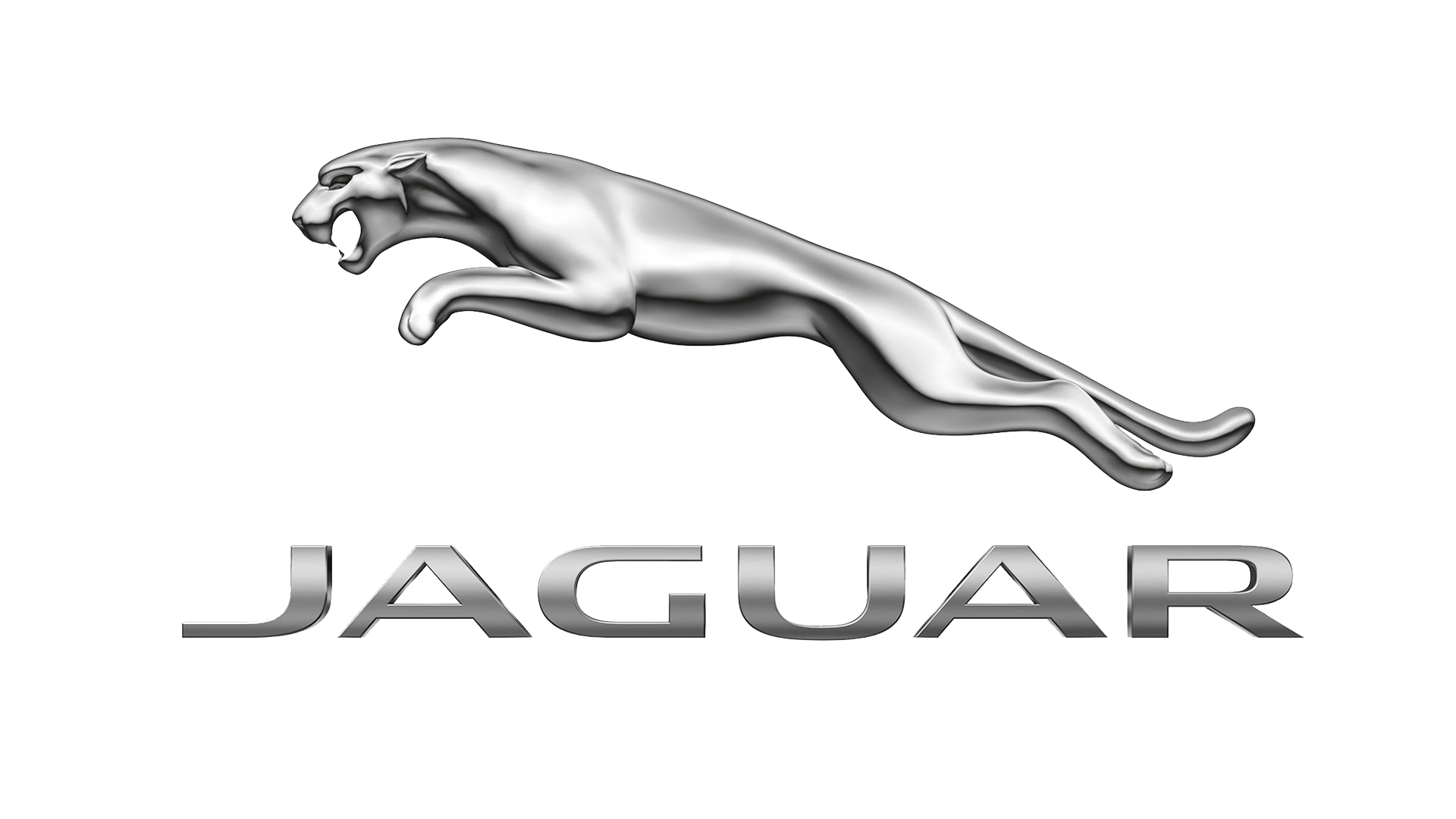Japanese cars are highly regarded worldwide for their reliability, fuel efficiency, and cutting-edge technology. For car enthusiasts, importing a vehicle directly from Japan opens doors to unique models and exclusive features not available locally. Whether you're looking for a classic Japanese car, a high-performance JDM car (Japanese Domestic Market), or simply a reliable Japanese car importer to guide you through the process, this guide will break down everything you need to know.
Why Choose a Japanese Car?
Japanese cars, known for their build quality and durability, have long dominated the automotive market. Brands like Toyota, Honda, Nissan, and Mazda consistently produce vehicles that are easy to maintain, fuel-efficient, and long-lasting.
For enthusiasts, the appeal of importing lies in accessing unique models only available in Japan. Cars like the Nissan Skyline, Toyota Chaser, and Honda Civic Type R have become legendary for their performance and style. Additionally, Japanese cars are known for their meticulous grading and inspection systems, making it easier for buyers to trust the quality of each imported vehicle.
Benefits of Importing Japanese Cars
Importing a car from Japan offers several advantages that make the process worthwhile:
- Cost Savings: Despite import fees, Japanese cars are often more affordable than similar models locally due to Japan’s extensive car market.
- Variety and Exclusivity: Access to exclusive JDM models, from luxury to sports, that aren’t available locally.
- Quality Assurance: Japanese cars undergo strict inspections, and the auction grading system provides detailed insight into a car’s condition.
For anyone who loves cars, these benefits make the idea of importing a Japanese vehicle irresistible. Plus, a reputable Japanese car importer can simplify the process, ensuring that you receive a high-quality vehicle without hidden issues.
Step by Step Guide on Importing a Japanese Car
The process of importing a car from Japan may seem complex, but breaking it down into manageable steps makes it easier to navigate. Here’s a straightforward guide:
1. Research and Select Your Car
First, decide on the type of car you want. Do you prefer an economy model, a classic Japanese car, or perhaps a powerful JDM vehicle? Research available models, focusing on your needs and preferences. Sites featuring Japanese car auctions are a great resource to start exploring.
2. Find a Trusted Japanese Car Importer
Working with a reliable Japanese car importer is crucial. A good importer has strong industry knowledge, transparent pricing, and a reputation for excellent customer service. They’ll help with everything from vehicle selection to managing customs.
3. Bid and Purchase Your Car
Most Japanese cars are sold through auctions. If you’re not familiar with auction systems, your importer can handle bidding on your behalf. The auction house will grade each car, indicating its quality, mileage, and any damage. Higher grades generally signify a well maintained vehicle.
4. Arrange Shipping and Transport
Once purchased, the car will be shipped to your country. The two main methods are Roll-On Roll-Off (RO-RO) shipping, where the car is driven onto the ship, and container shipping, where the car is stored in a container. RO-RO is generally cheaper, while container shipping provides more protection.
5. Complete Customs and Compliance Requirements
Upon arrival, your car will go through customs. Depending on your country, you may need specific documents, such as an export certificate, emissions certificate, and bill of lading. Some countries have strict compliance regulations, especially for emissions and safety standards.
6. Register and Insure the Car
After customs, the final steps are registration and insurance. Registration requires local paperwork, and insurance will vary based on your country and vehicle type.
Documents Required for Importing
When importing a Japanese car, paperwork is essential to avoid delays and ensure compliance. Some critical documents include:
- Export Certificate: Proof that the car is legally exported from Japan.
- Vehicle History Report: Details on the car’s history, including previous owners, mileage, and accidents.
- Emissions Certificate: Verification that the car meets environmental standards.
- Bill of Lading: Shipping documentation needed for customs.
These documents serve to protect both the buyer and the seller, ensuring a transparent process that maintains the car’s resale value and legal standing.
Types of Japanese Vehicles Available for Import
Japan offers a vast array of vehicles suited to different tastes and needs:
- Economy Cars: Fuel-efficient options like the Toyota Prius or Honda Fit, ideal for everyday use.
- Luxury Vehicles: High-end models like the Lexus LS and Toyota Crown offer sophistication and comfort.
- Sports Cars: Models like the Mazda RX-7 and Nissan Silvia are renowned for their performance and design, perfect for car enthusiasts.
- SUVs and Crossovers: Durable and spacious, options like the Mitsubishi Pajero are popular for families or off-road adventures.
- Electric and Hybrid Vehicles: Japan has pioneered hybrid technology, with the Nissan Leaf and Toyota Aqua leading in sustainability.
This variety allows buyers to find cars suited to any lifestyle or preference, from daily commuting to weekend racing.
Quality Assurance in Japanese Car Imports
Japan’s auction system ensures quality, with each car graded on its condition. Grades range from S (new) to R (damaged but repairable). Buyers can also request third-party inspections for added confidence.
Mileage verification is another crucial step. Many importers use specialized tools to ensure the car’s mileage is accurate, as tampered mileage can impact the car’s value and reliability. Third-party inspections provide an extra layer of assurance, ensuring that buyers receive exactly what they’re promised.
Cost Breakdown for Importing Japanese Cars
While importing a car from Japan has cost benefits, it’s important to understand the breakdown:
- Shipping Costs: RO-RO shipping is more affordable, while container shipping is safer but pricier.
- Duties and Taxes: Import duties vary by country, and additional taxes may apply based on the car’s value and emissions.
- Finalizing Costs: Once the car arrives, costs for registration, insurance, and potential repairs should be considered.
Though the process involves several expenses, many buyers find the total cost of importing still lower than purchasing a similar car locally. Additionally, a trusted Japanese car importer can often help reduce costs by guiding buyers on duty exemptions or handling paperwork efficiently.
Choosing a Reliable Japanese Car Importer
The right Japanese car importer can make or break the experience. Here are traits to look for:
- Certifications and Reviews: Look for importers with positive customer feedback and proper certifications.
- Transparent Pricing: A trustworthy importer should be upfront about all fees, from auction costs to shipping and customs.
- Customer Support: Reliable importers offer support throughout the process, helping you with questions and ensuring smooth handling of documents.
Some well-known importers specialize in classic Japanese cars and JDM models, and many offer a full-service package, handling everything from bidding to delivery. It’s wise to ask questions about the process, expected timelines, and any additional services they offer to avoid surprises later.
Case Study: Importing a Nissan Skyline to the U.S.
To illustrate the import process, let’s consider the example of importing a Nissan Skyline to the United States. This iconic JDM car, known for its speed and style, has been highly sought after by enthusiasts.
In the U.S., cars over 25 years old are exempt from certain import restrictions, making older Skylines eligible for import without extensive modifications. After selecting a reputable importer, the buyer can bid on a Skyline at a Japanese auction, secure shipping, and complete customs paperwork upon arrival.
With the help of the importer, the car can be registered in the U.S., allowing the buyer to own a piece of automotive history without complex modifications.
Trends in Japanese Car Imports
The popularity of Japanese cars is expected to grow, particularly with the rise of hybrid and electric vehicles. Japan continues to lead in EV technology, offering models like the Toyota Mirai and Nissan Leaf for eco-conscious buyers.
Additionally, advancements in smart technology and autonomous driving make Japanese cars an attractive choice. As more buyers seek fuel-efficient and technologically advanced vehicles, Japanese imports will continue to stand out in the global market.
Are Japanese import cars more expensive to insure?
Insurance varies, but some imported cars may have higher premiums due to unique parts or modifications.
Can you import Japanese cars into the U.S.?
Yes, but vehicles must meet U.S. regulations. Cars over 25 years old are often easier to import.
Are Japanese cars reliable?
Yes, brands like Toyota, Honda, and Nissan are known for their durability and low maintenance needs.
Conclusion
Importing a car from Japan opens up exciting possibilities for unique and reliable vehicles. From cost savings to accessing exclusive models, a reputable Japanese car importer can make the process smooth and rewarding. Whether you're a first-time buyer or a seasoned car enthusiast, understanding each step and working with trustworthy professionals will help you achieve your dream of owning a Japanese import.
By choosing quality, variety, and reliability, you can join the growing community of JDM enthusiasts around the world. Take the first step, explore your options, and get ready to drive your dream car.



























